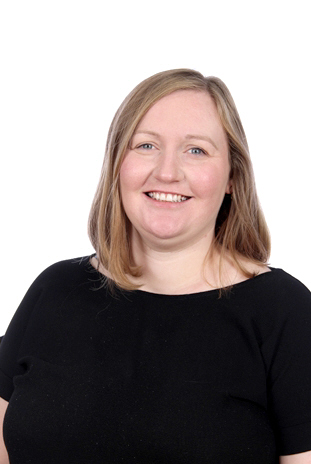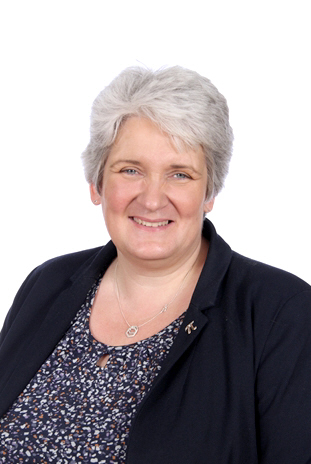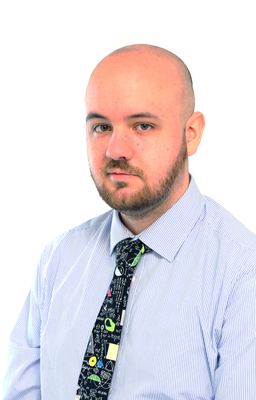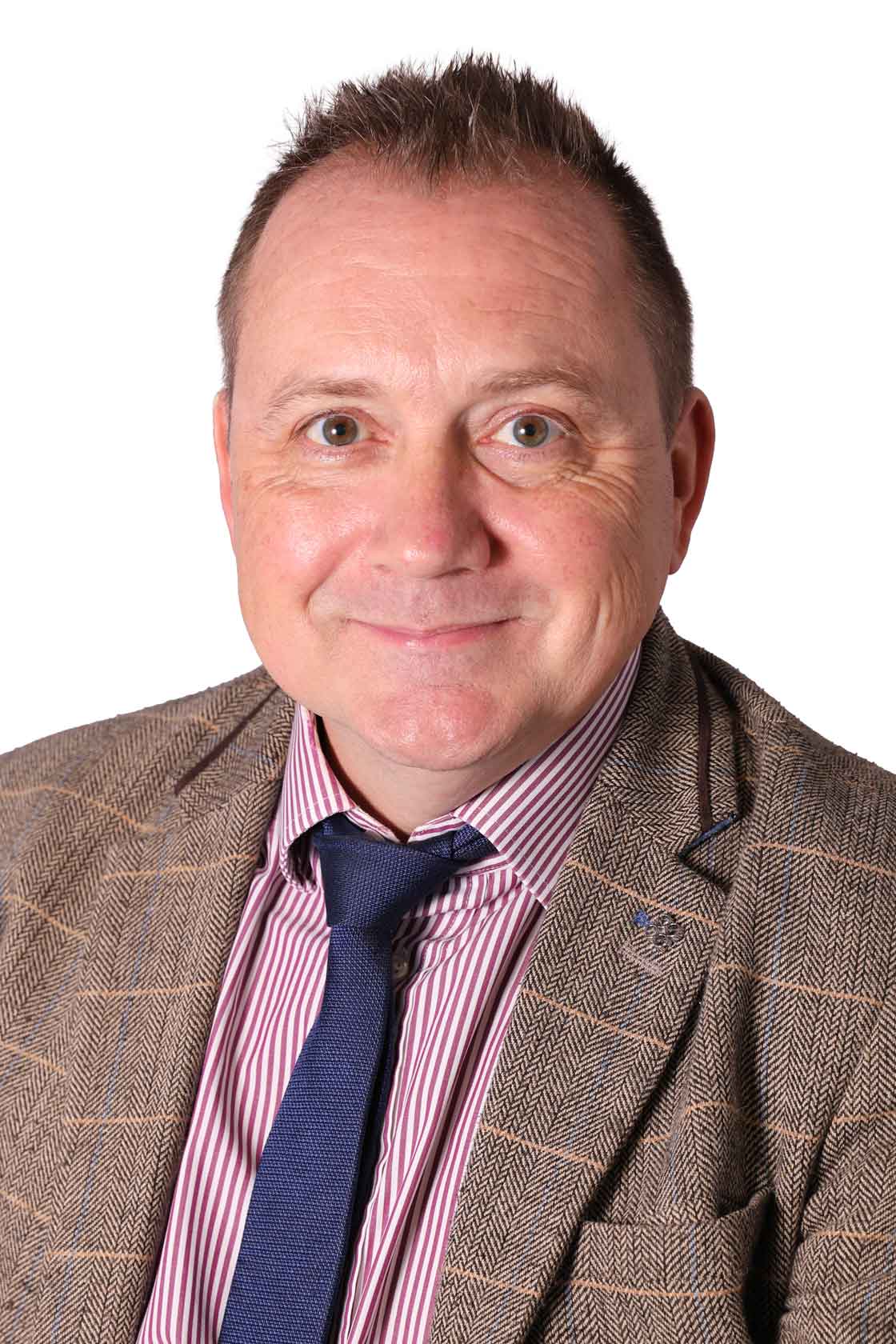Further Maths
In combination with A Level Mathematics, this is the double maths course for those who wish to study more mathematics to a higher level. It is particularly useful to those who want to go on to study a degree in a mathematically related discipline. The Further Maths course is more difficult than the Maths one and is therefore suited to those students who are very able mathematicians. The course extends the algebra and trigonometry you will learn in A Level Mathematics and also covers areas such as matrices and complex numbers. You will also study units in mechanics and decision maths. The course is designed to be a smooth transition from GCSE Mathematics. Topics will be introduced in an accessible, relevant and enjoyable way. There will be time in class to work with others and practice what you have learnt. You will use a mix of textbooks, worksheets and interactive internet resources.
An A Level in Further Mathematics can be the starting point for a variety of careers – from engineering to accountancy. As a highly regarded subject, it opens doors to a range of career paths, including medicine, engineering, computer science or accounting. You could go on to become a doctor, engineer, accountant or data analyst depending on what course you study at university.
Entry Requirements
GCSE Maths Grade 7+. This course MUST be taken in conjunction with A Level Mathematics.
Content
The Edexcel A Level course consists of the following two components:
| Component One: | Core Pure Mathematics 1 |
| Component Two: | Core Pure Mathematics 2 |
As well as two additional components from:
• Further Pure Maths
• Further Statistics
• Further Mechanics
• Decision Mathematics
In Year One you will study advanced topics such as complex numbers, matrices, and proof by induction. It also covers further calculus, including hyperbolic functions and differential equations, providing a deeper understanding of mathematical concepts.
In Year Two you will study advanced topics such as polar coordinates, hyperbolic functions, and differential equations. It also covers series expansions, including the Maclaurin and Taylor series, and explores more complex aspects of vectors and matrices.
By the end of the course, you will have taken your mathematical aptitude to a higher level and further developed your logical, numerical and problem-solving skills.
Assessment
100% Examination
4 x 1.5 hour exams
Am I right for the course?
Do you really love Maths? Do you enjoy the thrill of problem-solving? Are you logical and precise? Do you have very good algebraic skills? Although mathematics can be a creative subject, you do need to be able to work methodically and understand the need to be precise. You will spend 4–5 hours a week in lessons and then will spend a similar amount of time outside of lessons studying it.
If you are studying Additional Maths or Further Maths courses in Year 11 these will be an advantage for you but not a requirement for starting A Level Further Mathematics. Further Mathematics A Level adds depth and breadth to your Mathematical Studies.
Course Highlights
| Hands-on Experience: |
Participate in competitions like the UK Mathematics Trust (UKMT) challenges or the British Mathematical Olympiad to test your skills and solve complex problems. |
| Personal Development: | Explore and develop your logical thinking. Opportunities to mentor students in younger years. |
| Enrichment: |
Online participation in Code Breaking competitions, as well as workshops learning about data science. Visiting speakers from industry/STEM careers. |
Where next?
Mathematics is a desirable qualification for many career pathways. It is considered to be a facilitating subject for other subject areas. The mathematical skills you learn in Further Mathematics are of great benefit in other subject areas, such as physics, chemistry, biology and computing. Career opportunities include:- accountancy, actuarial studies, computer programming, medicine, mechanical and aeronautical engineering, banking, law, statistical and data analysis, teaching.
Many Russell Group universities require you to have studied Further Mathematics at least to AS Level as an entry requirement for degrees with a strong mathematical component, such as Mathematics, Statistics, Engineering, Computer Science and Physics.
FAQ's
- Is it much harder than GCSE Maths?
The course runs alongside the A Level course which starts in Year 12 revisiting and building on the algebra skills you have learnt in Higher tier GCSE. We then move on to introduce you to more advanced pure and applied topics. - How will I be taught and assessed?
Lessons are a mixture of methods and examples taught from the board. There are opportunities for group work and using technology. There are Power Points and write in booklets to support you. We do expect you to practice new concepts using the course textbook at home. Regular homework is set; there a short exam question tasks as well as longer independent study tasks. There are regular mini-tests as well as longer half-term assessments. You will need a calculator suitable for A Level Mathematics. These can be bought at a discounted rate via school. - Can I just do AS Further Mathematics?
The work covered in year 12 would allow you to sit the AS exam either in Year 12 or Year 13.
Further Maths Department Staff

Subject Leader for Maths
s.tucker@stwilfrids.com

Assistant Headteacher
& Maths Teacher
d.denyer@stwilfrids.com

Maths Teacher
s.baxter@stwilfrids.com

Maths Teacher
l.wegg@stwilfrids.com
